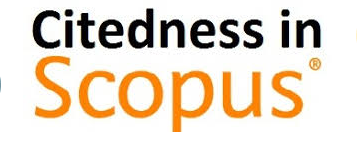The Legality of Price Rounding in Sale and Purchase Transaction under Indonesian and Islamic Law
DOI:
https://doi.org/10.18196/iclr.v7i2.24375Keywords:
Indonesian Law, Islamic Law., Legality, Price RoundingAbstract
The need for easiness in making transaction has resulted in a unique method of payment known as price rounding system. This system is frequently applied in the transaction of various goods, including vegetables, foods, and clothing. In spite of its practical advantage, there is a potential economic loss suffered by the buyers or consumers, especially when the sellers tend to round the price up. Consequently, the question on its legality arises. This study analyzes the legality of transaction applying the price rounding system from the perspective of Indonesian and Islamic law. This normative legal research employs both statutory and conceptual approaches. The result of this study indicates that the price rounding practice is allowed under Indonesian law as far as the buyer agrees to pay the item at the rounded price. On the other side, such a practice is prohibited under Islamic law since it violates the Qur’anic provisions. However, there is an opportunity to continue such a practice in particular places where the local custom (‘Urf) in those places tolerate it. The authors suggest that consumers should pay more attention on such a practice to avoid any manipulation committed by the sellers.
Downloads
Published
Issue
Section
License
Copyright (c) 2025 Pajri Arifpadilah, Nur Putri Hidayah

This work is licensed under a Creative Commons Attribution 4.0 International License.
By publishing with Indonesian Comparative Law Review, authors agree to the following terms:
1. Authors retain the copyright to their work and grant Indonesian Comparative Law Review the right of first publication, while also licensing the work under a Creative Commons Attribution License (CC BY 4.0). This license permits others to share the work, provided they acknowledge the author and the initial publication in this journal.
2. Authors may enter into separate agreements for non-exclusive distribution of the published version of their work, such as posting it to an institutional repository or including it in a book, with acknowledgement of its initial publication in this journal.
3. Authors are encouraged to share their work online, for example on institutional repositories or personal websites, both before and during the submission process. This practice can lead to productive exchanges and increased citation of published work.



